If you’ve been mixing protein powder into your smoothie, you may be getting more than you bargained for. Seventy percent of the 134 powders tested by the nonprofit Clean Label Project in January 2018 contained detectable levels of lead; 74 percent tested positive for cadmium; and 55 percent contained bisphenol A (BPA).
Certified-organic powders, surprisingly, contained more than twice the amount of heavy metals, on average, as nonorganic products (though 40 percent less BPA). Plant-based powders had higher heavy-metal levels than animal-based ones.
At first glance, these results may seem alarming. Lead toxicity can cause infertility, nerve disorders, and cognitive difficulties. Consuming unsafe amounts of cadmium could lead to kidney damage or cancer, and BPA has been linked to metabolic syndrome, thyroid dysfunction, and heart disease.
Still, it’s important to exercise caution when reviewing studies by consumer advocacy groups: This research was not peer reviewed and is just one lab analysis of the powders.
“Heavy metals exist naturally in our environment, and our produce absorbs them through the soil,” explains Paul Kriegler, RD, nutrition program manager for Life Time* in Chanhassen, Minn. A “detectable level” of lead isn’t necessarily unsafe, though Kriegler points out that many people may consume multiple servings of protein powder per day, and such toxins could accumulate in the body.
For those who choose to use protein powder, Kriegler recommends investing in a product with high-quality ingredients. Of all the products tested, powders that used egg as the primary protein source were deemed “cleanest.” “It’s a good reminder to revisit what’s in your supplement cabinet and why,” he adds. (For more on the study, go to www.cleanlabelproject.org/protein-powder.)
*Life Time’s protein powders were not included in this study. Kriegler affirms that every batch of Life Time’s products is tested to verify that contaminant levels are well below acceptable limits. (Read more about Kriegler’s supplement recommendations.)
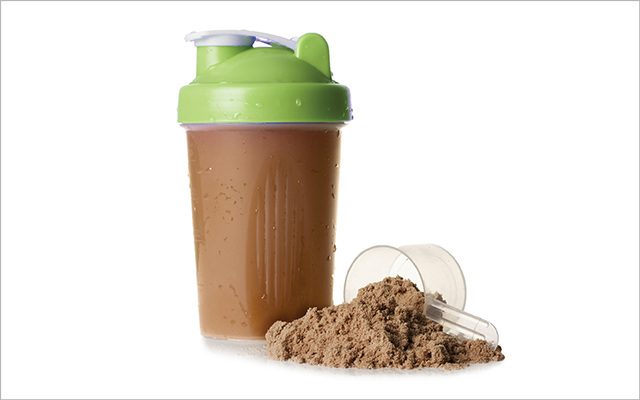
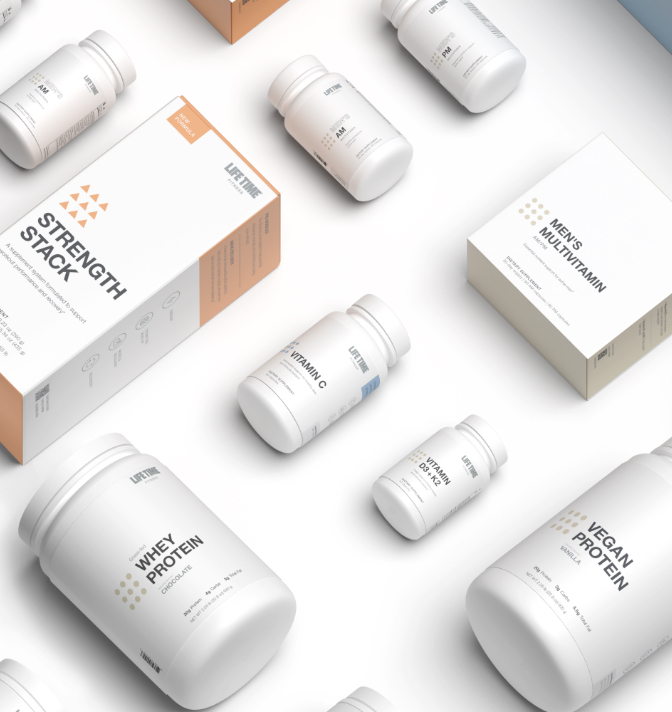
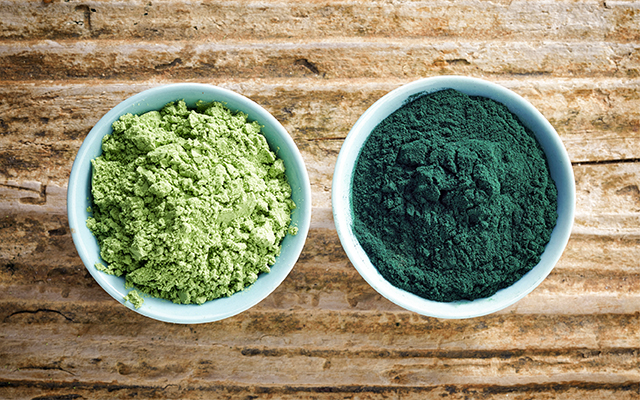
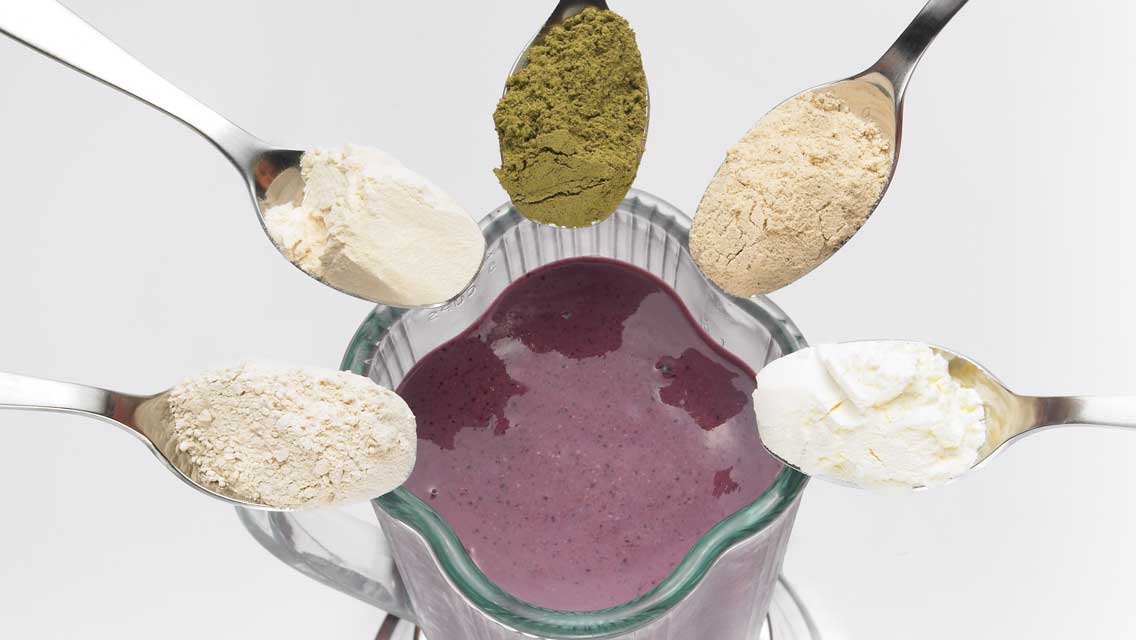
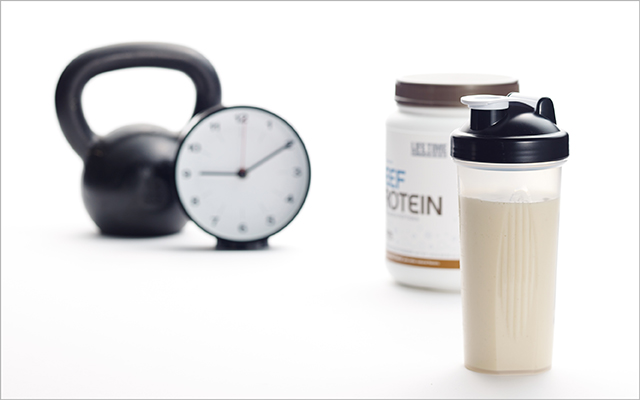
This Post Has 0 Comments